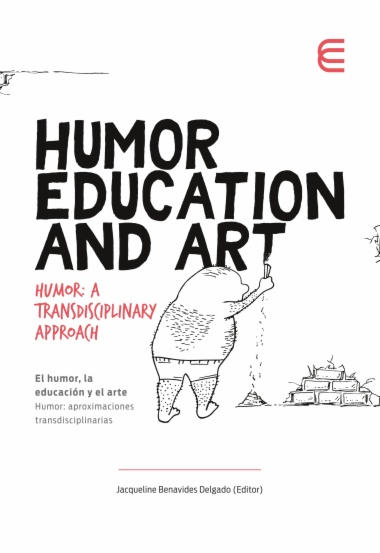

The history of music, literature, theather, dance, and painting reflects an interest in humor. From the Greeks, tragedy and comedy were two sides of the same coint taht reflected the psychic world of the human being. The same can be said of literature, with works. as magnificent as Don Quixote, in which through satire the value of books is questioned and, in this sence, of knowledge itself; or that Candide of Voltaire, in which the criticism of philosophy is mixed with the finest black humor and a particular pedagogical attitude... The list is extensive. In this third volume of the series Humor: transdisciplinary approaches, edited by Ediciones UCC, these close links are reflected, from the analysis of universal and regional literary works. This volume also includes a fundamental theme: education. Can humor facilitate teaching processes? Is it possible that it works as a facilitator for teaching a second language or other school learning processes? How do humorous acts show the most important features of a culture and help transmit them from one generation to another? The reader will find a variety of topics that combine, culture, education, art and humor from a scientificperspective.